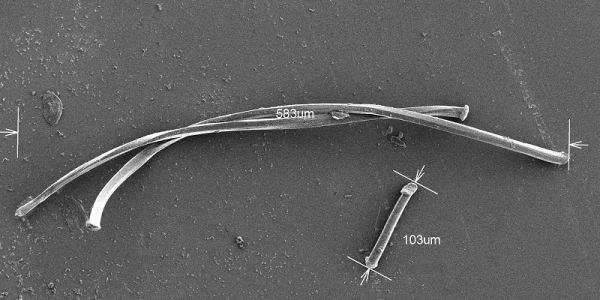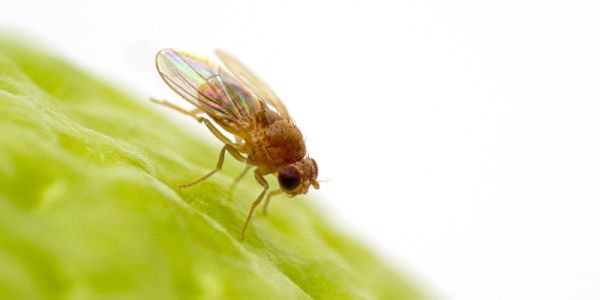
Citizen researchers tracking air pollution in our homes
A group of citizen scientists is being recruited to help investigate the scale of microplastic air pollution inside people’s homes.

A group of citizen scientists is being recruited to help investigate the scale of microplastic air pollution inside people’s homes.

Heat-induced male infertility will see some species succumb to the effects of climate change earlier than thought, new research warns.

Invasions by alien insect and animal species have much in common with outbreaks of infectious diseases and can tell us a lot about how pandemics spread, according to new research.

Scientists studying the impact of record heat and drought on intact African tropical rainforests were surprised by how resilient they were to extreme conditions during the last major El Niño event.

Scientists have used a fibre-optic sensor passed deep into a borehole to obtain the most detailed measurements of ice properties ever taken on the Greenland Ice Sheet.

Two prominent Leeds figures have been elected as Fellows of the prestigious Royal Society.

Sea level rise caused by melting ice could be halved this century if the Paris Agreement target of limiting warming to 1.5°C is met.

Substantial cuts in global greenhouse gas emissions could be achieved by raising water levels in agricultural peatlands, according to a new study.

The University has appointed two new deans to lead the development of its strategy for equality and inclusion.

Respiratory disease increased markedly following one of Iceland’s largest volcanic eruptions, a new study has found.